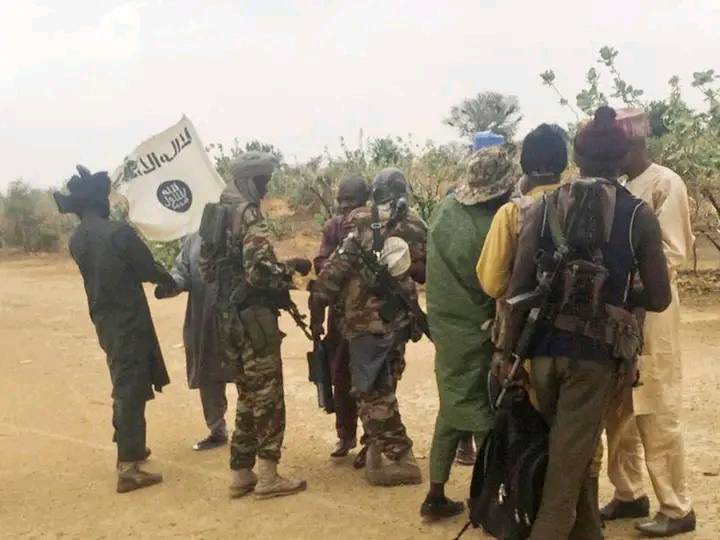Security & Crime
Nigerian government targets the assets of 13 recently discovered Boko Haram backers

Following their addition to Nigeria’s “blacklist of terrorists and terrorism supporters,” 13 accused “Boko Haram” backers have been the target of a huge search and asset-freezing effort by the federal government.
According to a circular that was received on Friday, the concerted hunt for the assets of the 13 suspected Boko Haram supporters followed their indictment and inclusion to the Nigeria Sanctions List, a master list of all individuals and entities that have been sanctioned for terrorism.
The Nigeria Sanctions Group, a multi-agency committee established by the Terrorism (Prevention and Prohibition) Act 2022, is in charge of overseeing the Nigeria Sanctions List.
All national law enforcement agencies as well as regulated private sector organizations participated in the search and freeze campaign, which had the explicit goal of finding, tracking down, and immediately freezing all funds, tangible and intangible assets, companies, organizations, and all other entities connected to the 13 alleged Boko Haram sponsors.
Nigeria’s top capital market regulator, the Securities and Exchange Commission (SEC), in coordination with the Nigeria Financial Intelligence Unit (NFIU), the coordinating secretariat of the Nigeria Sanctions Committee, yesterday ordered all capital market operators to immediately search for and freeze all assets in the names of the 13 alleged Boko Haram sponsors.
Ten people and three businesses on the blacklist of accused backers of terrorism were all from a region of the nation where Boko Haram is highly active.
The terms “all capital market operators” and “stakeholders” were frequently used to refer to both public and private companies in Nigeria as well as financial, investment, and real estate experts and firms.
Banks, insurance companies, stockbroking businesses, registrars, fund management companies, attorneys, accountants, auditors, issuing houses, venture capital, estate valuers and surveyors, and commodities and securities exchanges are only a few of the capital market players on the list.
According to SEC, all capital market participants and operators are “required to immediately identify and freeze, without prior notice, all funds, assets, and any other economic resources belonging to the designated persons and entities” in their possession and report same to the secretariat of the Nigeria Sanctions Committee following section 54 of the Terrorism (Prevention and Prohibition) Act, 2022.
The order further mandated that all operators and stakeholders disclose any frozen assets or measures taken following the designation, including attempted transactions, to the Secretariat of the Nigeria Sanctions Committee.
In addition, all operators and stakeholders were required by the search and freeze campaign to “immediately file a suspicious transactions report to the NFIU for further analysis on the financial activities of such an individual or entity; and report as a suspicious transactions report to the NFIU all cases of name matching in financial transactions before or after receipt of the Nigerian Sanctions List.”
The following sentence of the directive states that “dealings with the specified individuals and entities and to continue to check for transactions linked to the designated person or entity and the steps to be done” are prohibited.
The circular emphasized that financial institutions and designated non-financial businesses and professions must adhere to the asset freezing obligations due to the possibility of criminal and civil penalties for non-compliance as well as the reputational risks for financial institutions and DNFBPs of being seen to violate the asset freezing mechanism. The circular noted that the asset freezing mechanism is a preventive tool to disrupt terrorist support.
According to a source familiar with the proceedings, the interdiction also included a complete travel restriction and an arms embargo on all of the named individuals.
The Abu Dhabi Federal Court of Appeal tried and found guilty the first six suspected Boko Haram sponsors as well as the three businesses working with the terrorist organization by raising money in Dubai and sending it to the group in Nigeria as well as engaging in other activities to support terrorism.
The other four wanted individuals, Fannami Alhaji Bukar, Muhammed Musa, Sahabi Ismail, and Mohammed Saleh Buba, who are thought to have been apprehended in Nigeria, were detained on suspicion of being Boko Haram terrorist group members, financing terrorism, receiving training from terrorists, supporting them, withholding information, attending terrorist gatherings, and providing facilities to support terrorist activities.
(NATION)
